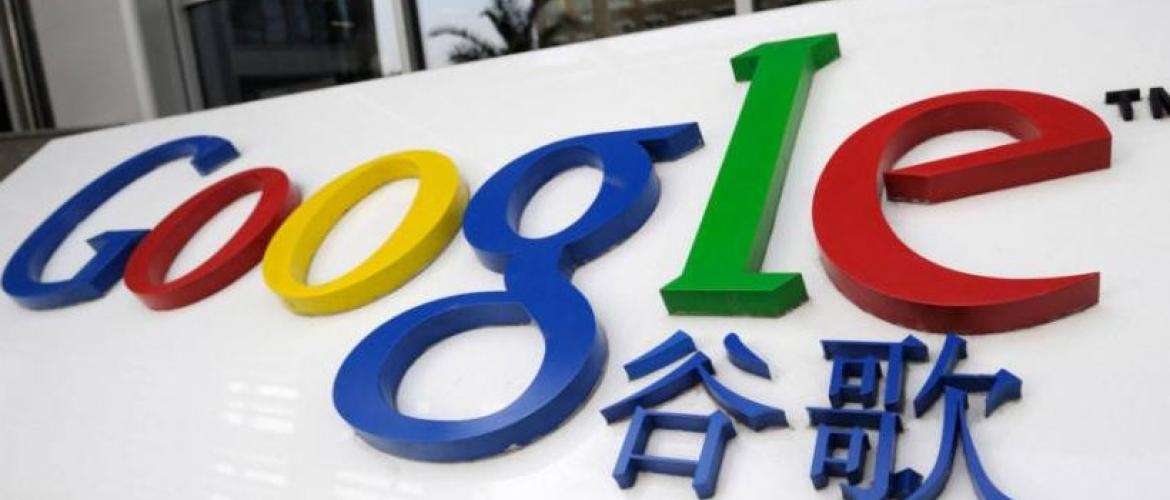Google Chief Privacy Officer Admits Chinese Search Engine Project Exists
On Wednesday Google publicly confirmed for the first time that Project Dragonfly exists.

“There is a Project Dragonfly,” said Google Chief Privacy Officer Keith Enright, during a U.S. Senate committee hearing.
He said the project is nowhere near complete, and that if Google does complete the search engine for China the company would be “very actively engaged to ensure it was going through the proper privacy review process.”
Chinese companies are willing to step up and help Google become successful in the country. The chief executive officer from a public search engine in China publicly offered to help Google and its developers maneuver regulatory concerns to operate in the country.
Wang Xiaochuan, the CEO of Sogou, an analytics firm that iResearch estimates to be the second-largest search engine in China, wants to partner with Google to make it easier for the company to operate in the country.
“If Google wants to come back to China, there could be several incentives for working together with other parties,” Wang told the MIT Technology Review. “Sogou could be the one to work with the Chinese government, and Google could stand behind us.”
Sogou already is the default search engine for Google’s Chrome browser in China. The company provides hardware, too, such as a smartwatch and a software keyboard for entering Chinese characters on a Windows or Mac computer. It also supports software to translate spoken Chinese into English and vice versa.
Google employees have been leaving the company based on its management’s decision to build a censored search engine for China. Senior Research Scientist Jack Poulson resigned on August 31, 2018, “in the wake of a pattern of unethical and unaccountable decision making from company leadership, he wrote in a letter to U.S. Senators. He called out Google’s Project Dragonfly, a version of the company’s search engine tailored to censorship and surveillance demands of the Chinese government.
(49)